- Author Delia Mathews [email protected].
- Public 2023-12-16 00:05.
- Last modified 2025-01-22 15:45.
Distinguishing male from female goldfinches is rather difficult, since the plumage of these birds is variegated in both cases. It is only a specialist who can say with certainty who is who, but preliminary conclusions can be drawn independently - based on the totality of gender characteristics.
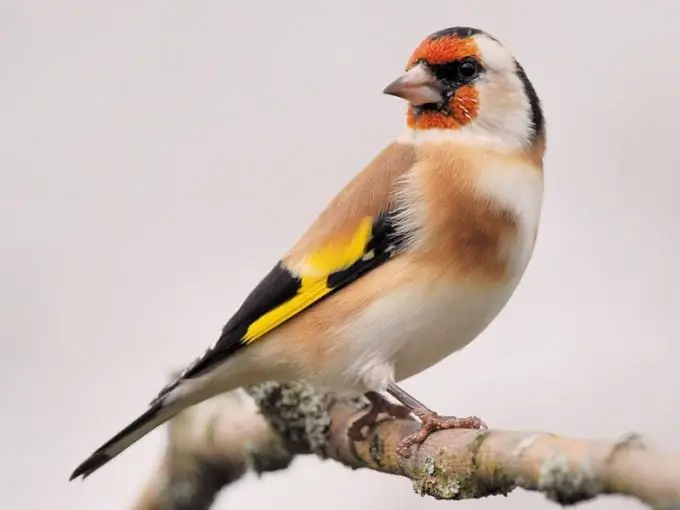
Instructions
Step 1
Pay attention to the size of the bird. Males, although insignificantly, are larger than females. This sign can be considered as a defining feature only if you are comparing two birds of approximately the same age, because birds, like people, can differ from each other in body structure and size.
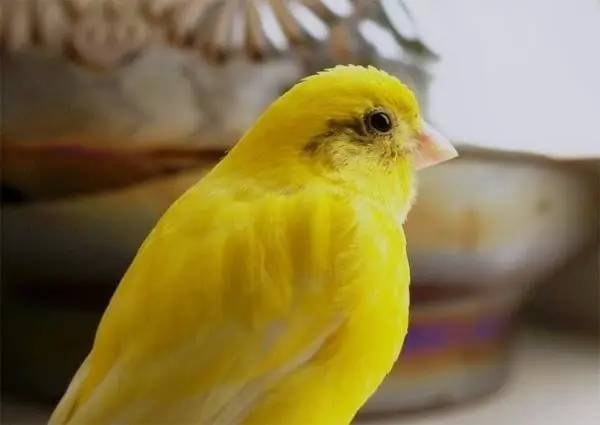
Step 2
Examine the size of the red stripe under the bird's beak. All goldfinches, regardless of gender, have such decoration, but in males the strip width is from 8 to 10 mm, which is almost twice as large as in females.
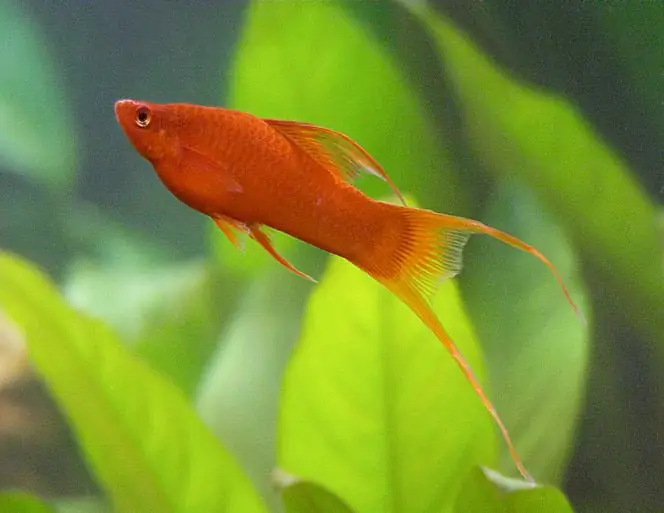
Step 3
Look closely at the red stripe on the neck and feathers above the beak, try to determine if its shade is cold or warm. The color of these feathers in the male is cleaner, it is almost scarlet. In females, this area may have a cold crimson hue. This sign also cannot be fundamental, since in many respects the color of the plumage depends on the feeding and living conditions of the birds.
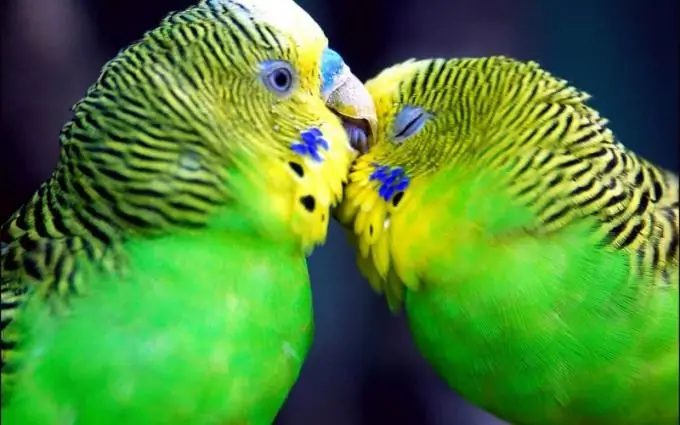
Step 4
Examine the goldfinch's chest. In males, brownish spots on the chest have pronounced borders and are more contrasting in relation to the white feathers of the chest. In females, this transition is less noticeable. But keep in mind that older females can sometimes be brighter than younger males, so choose birds of the same age for comparison.
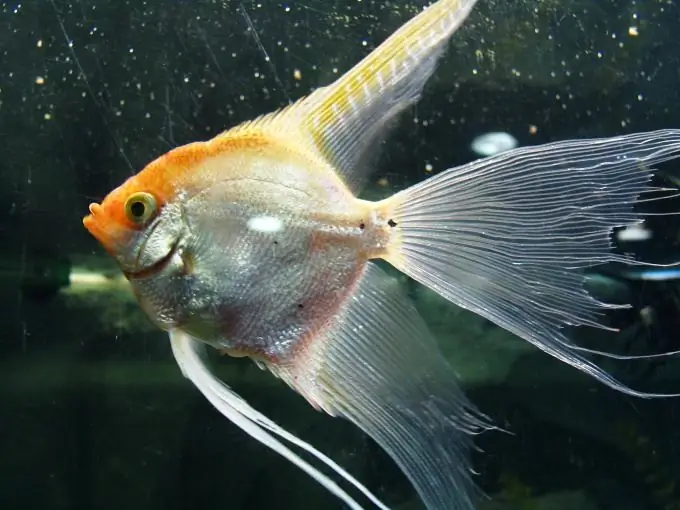
Step 5
Listen to the bird. Females have a more crackling voice, they seem to talk among themselves, but do not sing. Males, on the other hand, can output melodies that are different in character of sound and even mood. The downside of this sex determination of a bird is that a recently caught goldfinch can remain silent for a long time.
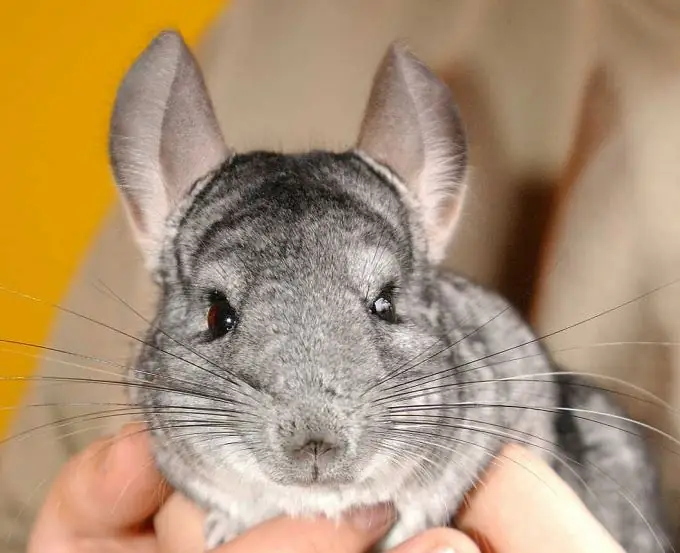
Step 6
Take a closer look at the behavior of the bird if you observe it in wildlife. The male does not incubate eggs, he is looking for food for his female, while behaving restlessly, the female does not leave the clutch.






